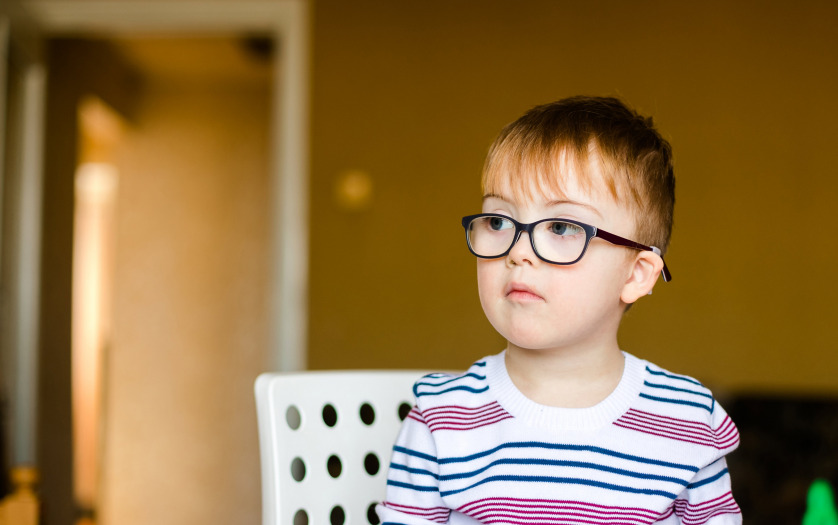
Researchers from the Vanderbilt Genetics Institute and the Vanderbilt Kennedy Center are partnering to examine how genes affect sleep and circadian disturbances in autism with a goal of creating a genetic risk profile of insomnia in autism.
The study, funded by autism advocacy organization Autism Speaks, is the first large-scale effort of its kind and seeks to better understand the potential involvement of circadian and clock-related genetic pathways to risk of insomnia in autism to help inform better treatments.
Vanderbilt researchers Beth Malow, MD, MS, left, Maria Niarchou, PhD, and Lea Davis, PhD, hope to create a genetic risk profile of insomnia in autism to better inform treatments. (photo by John Russell)
“We know that sleep is an essential part of health, and that when we get a good night’s sleep, it makes an enormous difference in how we feel and interact with others. So, using precision medicine to improve sleep for individuals on the autism spectrum has high potential to improve their daytime functioning and quality of life, along with that of their families,” said Beth Malow, MD, MS, Burry Professor of Cognitive Childhood Development and an investigator at the Vanderbilt Kennedy Center.
The research team, consisting of Malow, Maria Niarchou, PhD, and Lea Davis, PhD, will combine phenotypic and genotypic data from roughly 800 people with ASD from two datasets and cross analyze with the Vanderbilt University biobank (BioVU) to first determine if the genetic architecture of sleep is similar between individuals with ASD and those who are typically developed.
According to Niarchou, sleep disorders are common in autism, with two-thirds of individuals with autism reporting at least one sleep problem compared to 10-16% of typically developed individuals.
The team will then explore whether melatonin or other specific genes or pathways are associated with insomnia in autism.








